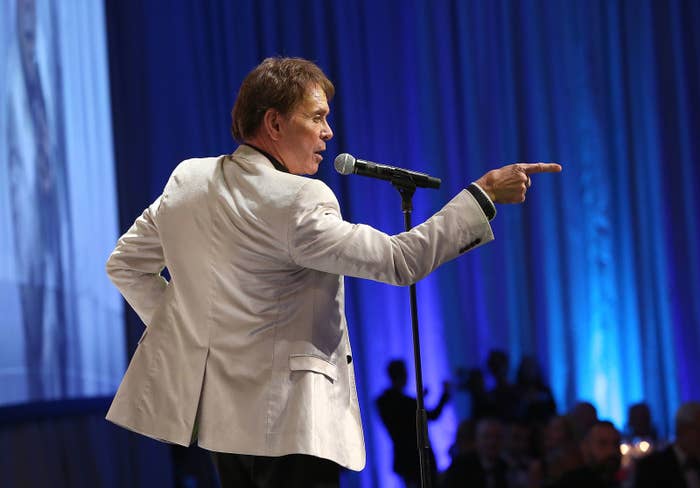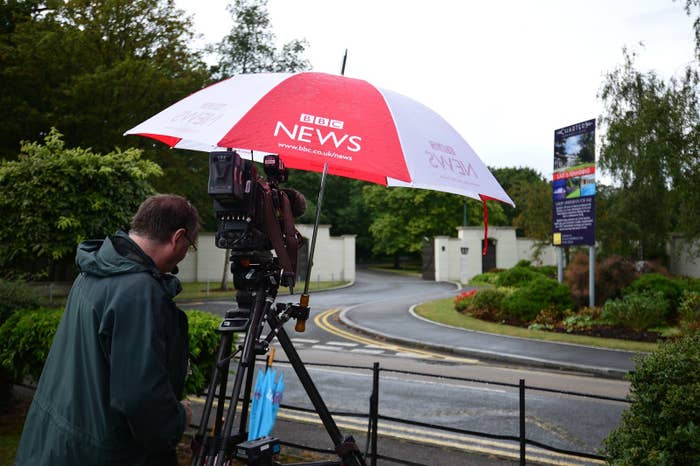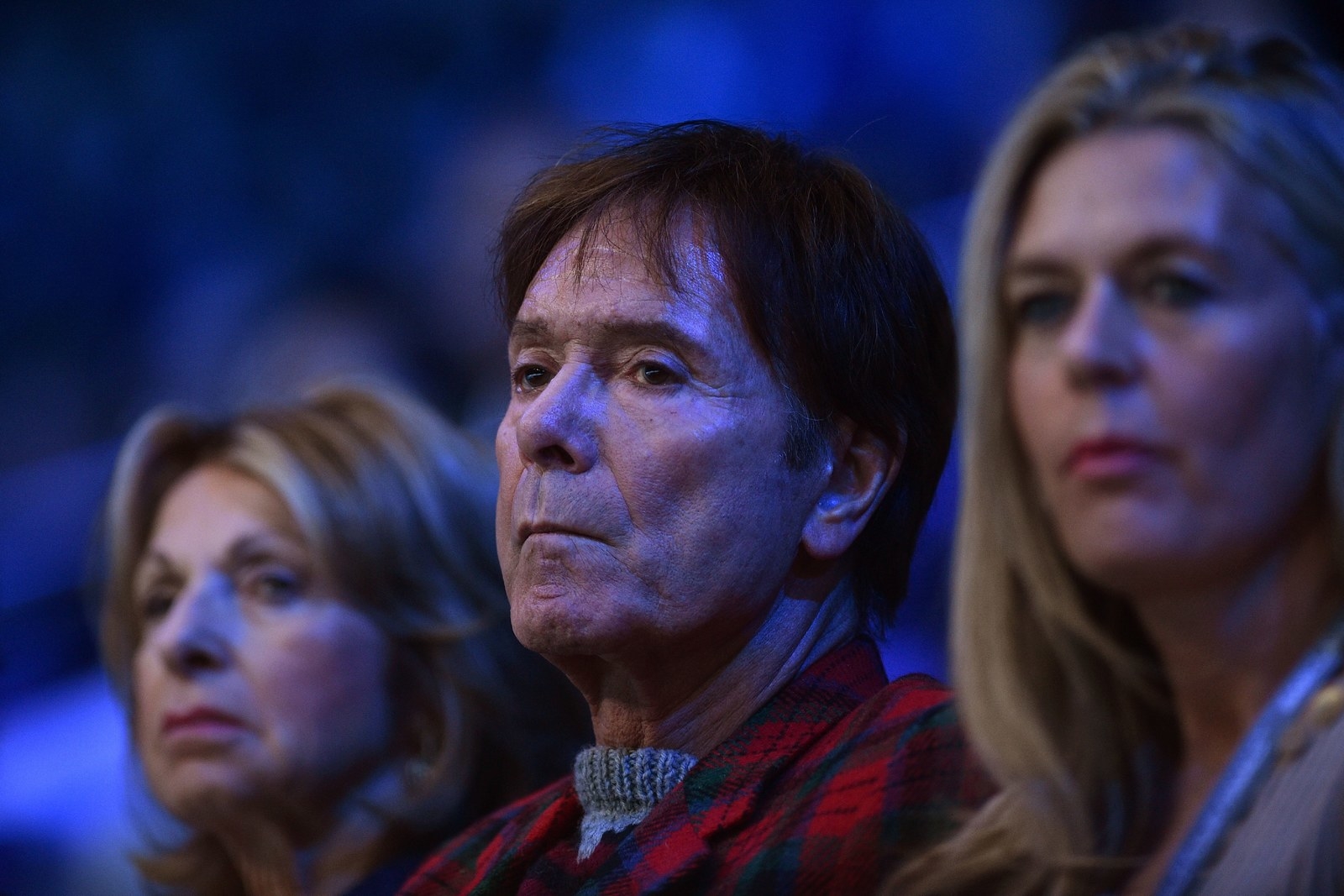
The BBC and Sir Cliff Richard have been unable to settle a long-running legal dispute involving live helicopter footage of a police raid, setting up a highly anticipated privacy trial between the British broadcaster and one of the country's most famous singers.
In August 2014, BBC News sent its helicopter up to film a police raid on Richard's home as they investigated an allegation that the singer had assaulted a boy under 16 in 1985.
The BBC had been given a tip from South Yorkshire police, with the broadcaster going with a live report into the lunchtime news bulletin, naming the subject of the raid as Sir Cliff Richard.
Two years later, prosecutors announced no charges would be brought against the singer. Richard said at the time the BBC News report had meant he'd been "hung out like live bait" and later claimed there was "illegal collusion" between the BBC and local police.
Richard later sued both, with the South Yorkshire police apologising and coming to a settlement.
The BBC has continually defended its decision to air the report. A BBC spokesperson told BuzzFeed News: “As we have made clear previously we are defending the case."
"We will not be making any comment until after the outcome of the trial."
One legal expert told BuzzFeed News the trial – which will open in the UK High Court on Thursday morning – may produce a "landmark decision" which could change the way journalists report on suspects before they're charged by police.

There has been widespread speculation in the press that with legal costs and damages combined, Richard could be looking to be awarded up to £1.5 million from the BBC if he's successful.
A spokesperson for Richard told BuzzFeed News that figure "wasn't right", and only said, "Cliff is also seeking special damages for financial loss as a result of the BBC's actions."
Media law expert David Banks told BuzzFeed News the judges will have to decide whether there was enough public interest for the BBC to air the live report and name the allegations against the singer despite him not being yet charged by police.
"Richard appears to be arguing that people who’re being investigated but not yet charged have a right to privacy," Banks said. "The BBC’s argument is that this was a police action taken against one of the biggest stars in Britain, therefore it’s a matter of public interest."
He described the "reasonably risk-averse" BBC being in the High Court as "unusual", with the British newspapers, especially tabloids, often being the subject of legal challenge around the privacy of individuals in stories.
The action brought by Richard could potentially expose the BBC to one of its biggest legal bills since the British broadcaster admitted to libelling an African diamond firm, reportedly leaving it exposed to a £12 million bill.
But Banks said the judges would first have to rule on the privacy grounds, which could produce a judgement with lasting consequences for the way the media report on police suspects.
"Think about terrorism raids, or drug raids, or child trafficking busts – in these cases the individuals haven’t been charged, but often security agencies will bring media along to publicise the action," Banks said.
"If Cliff wins against the BBC, and the judges issue a broad verdict, it could be a landmark decision into privacy and change the way media behave."

